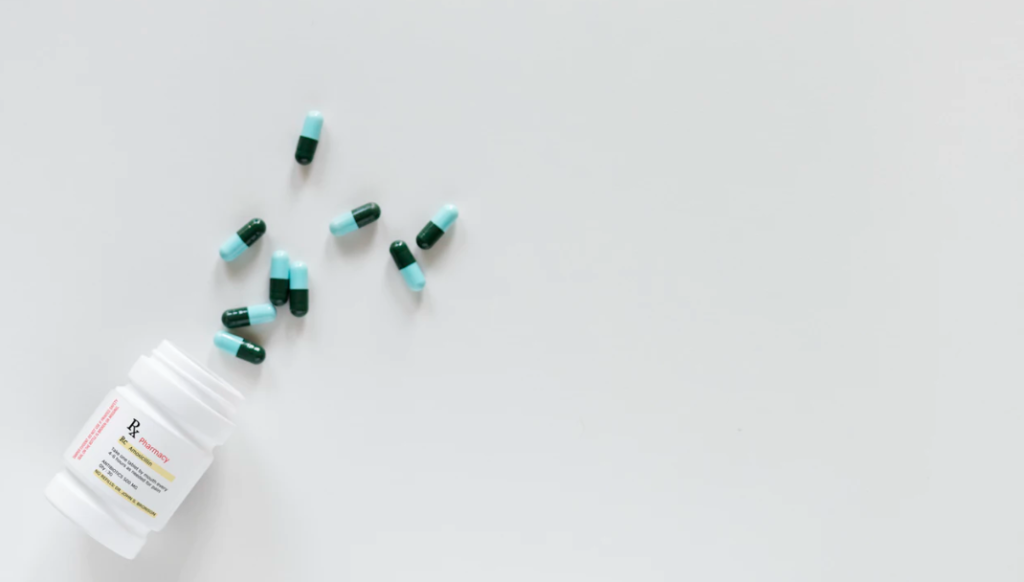
While some research reports indicate that the opioid crisis is beginning to level off, for millions the opiod problem is only getting wrose and the impact will undoubtedly be felt for generations.
Now is the time, however, to turn around and ascend the stairway to freedom, unshackling yourself or your loved ones from the chains of this devastating epidemic.
The more that everyone knows about opioid abuse and opioid addiction (and the steps to opioid recovery) the easier it will be to change course. Consider the following statistics on opioid abuse and the devastating impact it has already had on our communities.
- The probability of dying from opioids has surpassed the likelihood of being killed in a car crash (National Safety Council).
- Opioids contributed to the overwhelming majority – 69 percent – of fatal drug overdoses in 2016, totalling 37,814 deaths, according to the NSC.
- In 2017, the number of overdose deaths involving opioids (including prescription opioids and illegal opioids like heroin and illicitly manufactured fentanyl) was 6 times higher than in 1999. (Annual Review of Public Health)
- On average, 130 Americans die every day from an opioid overdose (National Center of Health Statistics)
- In 2016, health care providers across the US wrote more than 214 million prescriptions for opioid pain medication—a rate of 66.5 prescriptions per 100 people.
- The CDC estimates the total economic burden of prescription opioid misuse in the US is $78.5 billion a year, including the costs of health care, lost productivity, addiction treatment, and criminal justice involvement.
- The U.S. could have 81,700 opioid overdose deaths per year by 2025
These are scary numbers but there are steps that we can all take to minimize and prevent these problems from getting worse. Improving access to prevention, treatment, and recovery support services is the best way prevent the many health, social, and economic ills that are caused by opioid addiction and enable individuals to start out on the road to long-term recovery.
Advancing the practice of pain management to enable access to high-quality, evidence-based pain care that reduces the burden of pain for individuals, families, and society while also reducing the inappropriate use of opioids and opioid-related harms.
For those struggling now with opioid addiction, the best course of action is to review the steps to recovery and join a sober living community in Chicago that is committed to your success. Learn more about sober living at Stairway to Freedom and get started today on the road to recovery.